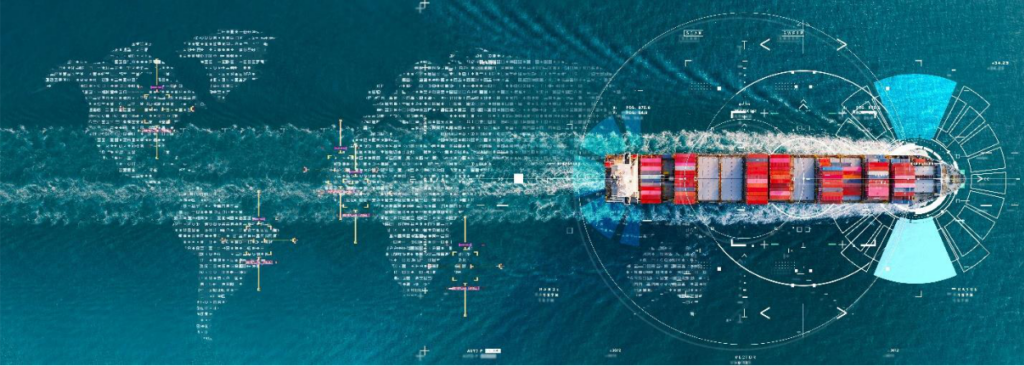
Country Risk Report – March 2024
$1.92 Trillion |
State Department Travel Advisory Level Brazil - Level 2: Exercise Increased Caution |
94/180 |
Anti-Money Laundering/Terrorist Financing Governance FATF/GAFILAT |
83/125 |
Free |
Country Risk Report – March 2024
| GDP (2022) | $1.92 Trillion |
| State Department Travel Advisory Level | Brazil - Level 2: Exercise Increased Caution |
| Corruption Index Score (2022) | 94/180 |
| Anti-Money Laundering/Terrorist Financing Governance | FATF/GAFILAT |
| Property Rights Index | 83/125 |
| Freedom House Ranking | Free |
Brazil has faced many economic growth and social progress challenges in recent years.
Underdeveloped infrastructure, a complex and often burdensome tax regime, excessive regulation, and corruption among business and public officials are just some challenges dampening investment and economic growth.
Additionally, in the last few years, Brazil has been entrenched in an ideological and political battle driven by fierce partisanship comparable to the political environment in the United States.
Despite these challenges, recent reforms to the tax system and other changes have led to economic growth many thought impossible, thus opening the door for investment and ushering in hopes for sustained growth.
Current President Luis Inacio Lula da Silva came into power after defeating former president Jair Bolsonaro in a heated election, which ended with Bolsonaro being barred from reelection until at least 2030 after making unfounded claims questioning the result of the election.
Bolsonaro’s administration raised questions about the strength of Brazil’s democracy. As the election results came in, supporters of Bolsonaro stormed vital government buildings, including the presidential palace, in protest. Despite this, the transition of power following the election was largely peaceful. However, the controversy around the election results is a symptom of larger political division, likely to mar Lula’s ability to enact legislation regarding pressing issues.
Some of the key political issues facing Brazil and Lula’s government include:
Recent economic growth has defied many projections of sluggish growth or contraction, a major win early in Lula’s administration. Much of the recent growth is due to falling interest rates and a strong labor market, bolstering consumer spending. In addition to these short-term gains, Brazil recently passed a tax reform bill to simplify its tax regime, whose complexity has burdened business growth. These reforms will be implemented in phases in the coming years.
This tax reform is the first proposed by Lula’s government to address structural challenges that have impeded economic growth in the last few decades. Although this has offered a bright spot for future investors, many other structural issues must be addressed to ensure sustained growth.
Despite its challenges, Brazil offers many investment opportunities.
With a population of 217 million, it has the largest consumer market and GDP in South America.
Though its current economy is largely still reliant on commodity goods, Brazil is seeking economic diversification for which it will need to attract more foreign investment. Its investment promotion strategy includes the following industries:
Other essential industries in Brazil include raw agricultural and agro-processing products, which will continue to be a mainstay of its economy well into the future.
Brazil’s territory is larger than the contiguous United States, so local regulations and challenges vary significantly from state to state. Understanding local markets, taxes, and regulations is essential to the success of your business.
Companies should also pay close attention to tax and regulatory reforms and their implementation. The recent tax reform bill passed in 2023 is particularly important as it will potentially simplify compliance costs for your firm.
Corruption is a pervasive issue in Brazil. Companies and investors can avoid reputational damage and violations of the US Foreign Corrupt Practices Act (FCPA) and other laws by conducting deep due diligence on supply chains and local partners.
Cybersecurity and protecting intellectual property are serious risks when doing business in Brazil. Investing in a robust cybersecurity framework and employee training program can help mitigate these risks.
Understanding local culture, politics, and customs is important in any country you do business in or invest in. This requires conducting in-depth geopolitical risk research before entering into the Argentine market.
Want To Know More?
For a deeper review of political, economic, due diligence and security risks for Brazil, please contact us.
Our due diligence investigations help you understand fraud, bribery and corruption issues so your organization can avoid unnecessary risk exposures.
Protecting your corporation’s Board of Directors, shareholders and employees are part of key risk mitigation strategy.
Infortal has screened workforces for Fortune 100 companies, banks, law firms for 30 years including nationwide and international hires.
